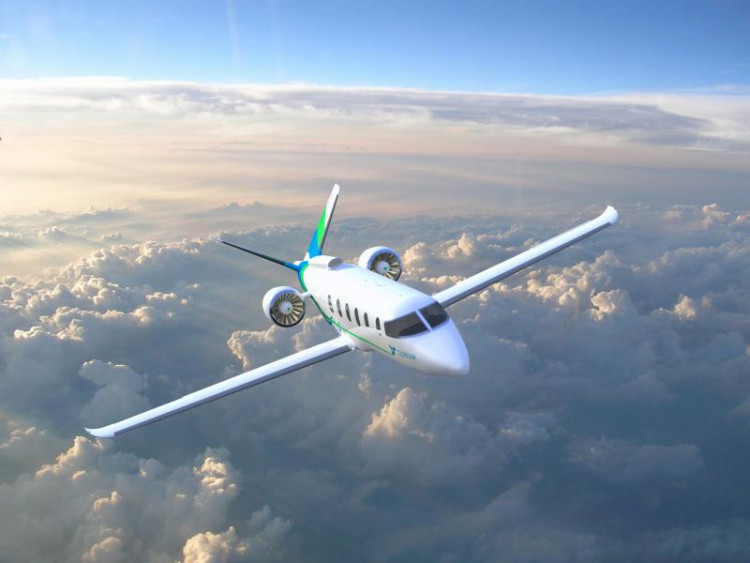Zunum Aero, a startup pioneering the creation of hybrid-to-electric commercial planes, selected Safran Helicopter Engines to provide a new generation engine turbine, the Ardiden 3Z, for its flights that will be available early in 2020.
The startup ultimately aims to pioneer economical and environmentally-friendly flights and Safran's Ardiden 3Z is integral to that objective. The engine gas turbine is compact, lightweight, and highly cost-efficient.
The Zunum Aero aircraft, which is designed to cruise and land on turbo-generator power, has 12 seats, can fly 700 miles, and offers unparalleled door-to-door travel times that are 2 to 4 times faster than how planes fly today. For example, a traveler leaving his or her home in San Jose at 7 a.m. can reach Pasadena by 9:30 a.m.
Zunum Aero aims to provide flights to and from the thousand airports across the United States, and eventually, around the world, that will cut operating costs of 8 cents per available seat mile or $250 per hour for the aircraft. This is approximately 60 to 80 percent lower than the conventional aircraft. A round-trip from San Jose to Tahoe, for example, will only cost about $100.
The startup was founded in 2013 and is backed by venture firms at Boeing HorizonX, JetBlue Technology Ventures, and the State of Washington Clean Energy Fund.
The prototype aircraft is set to be tested in early December with an improved version to be tested again in 2019.
Ashish Kumar, the startup's chief executive officer, told Reuters that Zunum Aero's aircraft cost less than $300 million to develop while regular airplanes required billions of dollars.
If production goes well according to plan, Zunum will be the first company to fly commercial planes with reduced emissions, noise, and travel time. It will cut cabin noise by 75 percent and emissions by 80 percent. Ideally, by 2030, Zunum could account for as much as 40 percent off the emissions of the commercial aviation industry.
Soon, however, Zunum will face tough competition in the market as many companies are also working to adapt the hybrid-to-electric technology with their aircraft.
Among the companies investing heavily in the technology are Siemens AG, and Rolls-Royce Holdings PLC, Airbus.
Norway has also tested a two-seater electric plane in June this year. The aircraft was built by Pipistrel, a company in Slovenia. The country hopes to transport travelers with its hybrid electric aircraft by 2025. The initiative is in compliance with it's the Norwegian government's goal to make all its domestic flights electric by 2040.
Safran, on the other hand, may find a competition with Honeywell International Inc. which has developed a high-capacity generator used for electric flight, Reuters said.





